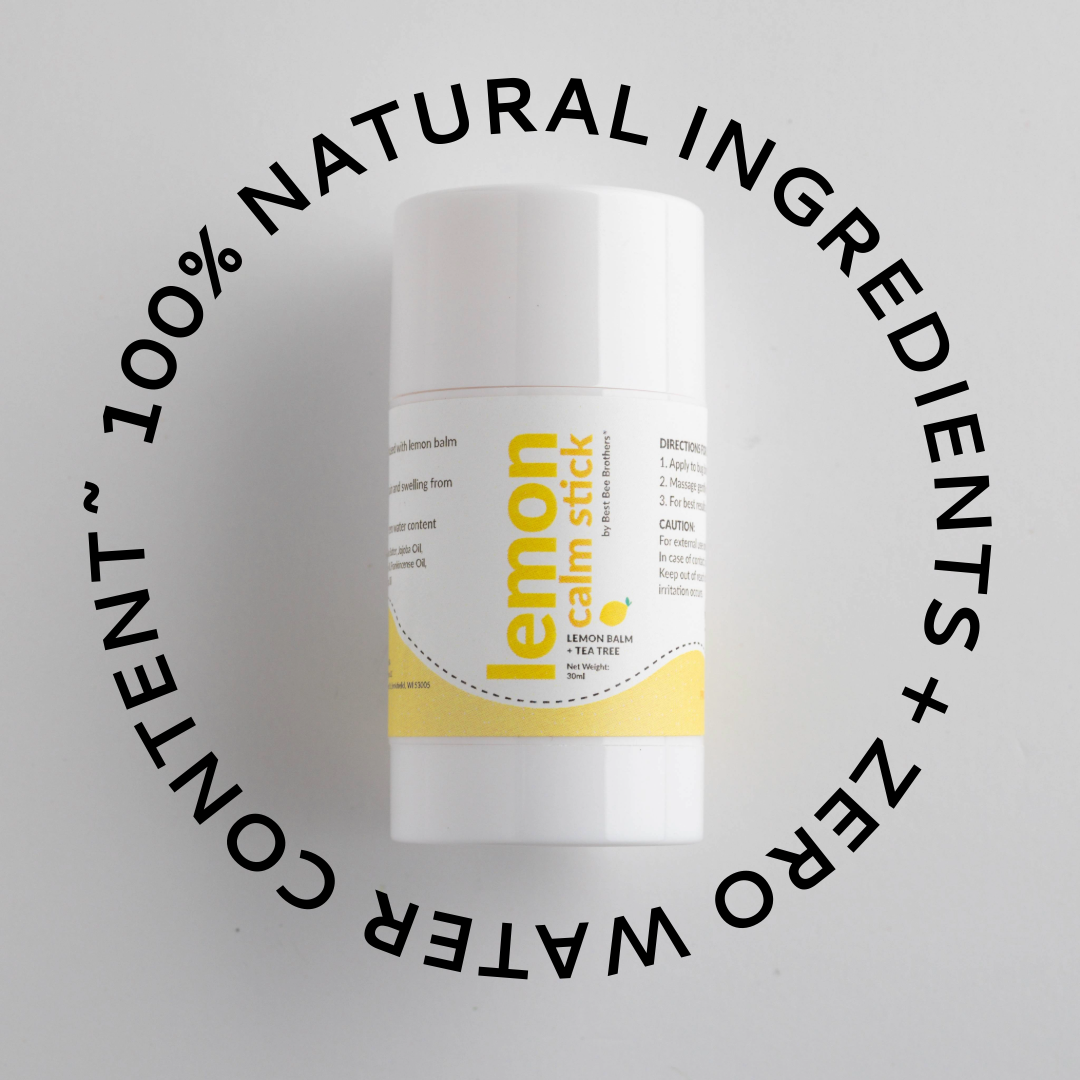Mosquito season seems to get longer each year. If those pesky bugs chase you back inside or have you reaching for a can of chemical repellent to enjoy the great outdoors – or your own backyard – you’re not alone. Luckily, a product to help keep the mosquitoes away doesn’t have to be in an aerosol can.
Before the twentieth century when man-made chemicals were invented to repel bugs, humans used natural essential oils, which have been used for ages to keep mosquitoes at bay. Here are 5 natural oils used for repelling them:
1. Oil of Lemon Eucalyptus:
Oil of lemon eucalyptus is probably the most well-known and widely accepted natural mosquito repellent (not to be confused with lemon eucalyptus oil).

Lemon eucalyptus tree
The Centers for Disease Control and Prevention (CDC) has even given oil of lemon eucalyptus a stamp of approval as an effective ingredient for mosquito control. In fact, most DEET-free bug sprays on retail shelves feature oil of lemon eucalyptus as their active ingredient.
Studies have shown this oil is up to 95% effective at repelling mosquitoes. Plus, it has many other medicinal uses, such as relieving joint pain, treating muscle spasms, and even repelling deer ticks.
2. Lavender
Not only is lavender a comforting, calming scent, but it also chases away pests.

Lavender is an amazing natural mosquito repellent.
Lavender contains a compound called linalool, which is widely used in pest-control products. When lavender essential oil is diluted with jojoba oil, fractionated coconut oil, or sweet almond oil, it can be directly applied to your skin. Lavender is also great for soothing mosquito bites due to its antiseptic and analgesic nature. Grow it in your garden for extra pest-repelling benefits.
3. Citronella
Citronella is widely known for repelling mosquitoes. You can find it in many commercial mosquito repellent products like candles, sprays, and lotions. Citronella oil comes for the leaves of the lemongrass plant, which produces a crisp, citrusy scent.

Did you know citronella can have a similar effect to DEET?
Citronella is composed of many compounds such as geraniol, citronellol, and limonene. All of these compounds have mosquito-repelling attributes. It has been proved to be almost as effective as DEET when mixed properly.
This potent oil can be applied directly to the skin or combined with other oils or alcohol to intensify its effectiveness. Lemongrass is also very effective when grown in a garden to drive the mosquitoes away.
4. Lemon Thyme
Lemon thyme is a great herb to grow in your garden. Its citrusy flavor is delicious in food but also works well as a natural mosquito repellent.

Lemon thyme has multiple uses including adding savory, bright flavor to dishes, but also as a mosquito repellent.
But simply planting lemon thyme won’t repel insects. Instead, the leaves need to be bruised and bent to release the oil. Rubbing the bruised leaves on your pulse points is an efficient way to use the plant’s repellent features. The leaves can also be added to a fire and burned to provide 60 to 90 minutes of protection. Use this quick-spreading and low-growing herb for planter baskets and ground cover in gardens.
5. Rosemary
Rosemary essential oil contains repelling components like limonene, camphor, and eucalyptol, which are present in citronella oil as well.

Rosemary is a wonder herb and prevents mosquito infestations!
Rosemary doesn’t have to be in oil form to work its magic. If planted in your garden, rosemary is effective at keeping small mosquito infestations away.Next time you barbeque, add some sprigs of rosemary to the grill to keep pests at bay. As a topical treatment, rosemary oil can be added to lotions and sprays in dilution to make natural mosquito repellents.
Please note, essential oils are not regulated by the FDA. Be sure to buy your oils from reputable sources to avoid getting a bad product.
Dangerous diseases like malaria and the Zika virus can be contracted from mosquito bites. While natural methods are wonderful to use, make sure to follow a healthcare professional’s advice when traveling to areas known to have serious mosquito-borne illnesses.
If you are looking for some simple, natural products to enjoy in your own backyard, we are pleased to share our NEW Mosquito Repellent Incense Sticks! The delightful combination of lemongrass and rosemary naturally repels mosquitoes for almost 2 hours.
It’s the perfect addition to your mosquito-repelling routine. As always, our products have a 100% satisfaction guarantee. Give these sticks a try!
Need to treat mosquito bites?
Even with mosquito repellent, you may get itchy, painful mosquito bites. To treat them at home, try rubbing apple cider vinegar at the site of the bite. Putting a slice of raw onion or freshly cut garlic on the bite can also provide relief and guard against infection. Calamine lotion or over-the-counter hydrocortisone cream may help as well. Or, you can try our Bug Bite Extractor tool. It can stop the pain or itch before it starts!
If you do develop an infection or allergic reaction from mosquito bites, take note of your symptoms and contact your doctor. An elevated temperature, pus or bleeding where the bite is, or scabs that won’t heal could be signs of a problem.
References:https://www.healthline.com/health/kinds-of-natural-mosquito-repellant#lemon-eucalyptusoil
https://www.stylecraze.com/articles/homemade-mosquito-repellents/#gref
https://www.treehugger.com/lawn-garden/cdc-confirms-lemon-eucalyptus-oil-as-effective-as-deet.html
https://www.hunker.com/12146662/does-lavender-oil-keep-away-mosquitoes







Leave a comment
All comments are moderated before being published.
This site is protected by hCaptcha and the hCaptcha Privacy Policy and Terms of Service apply.